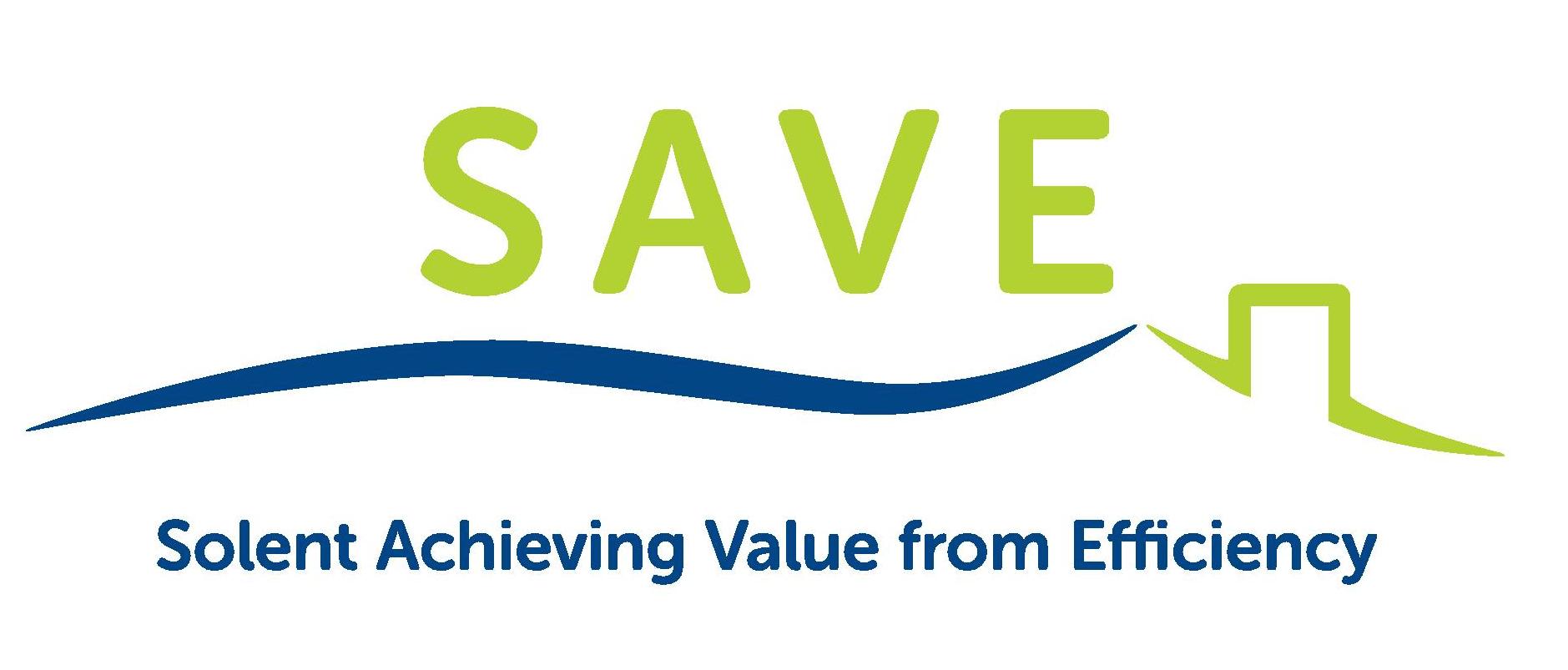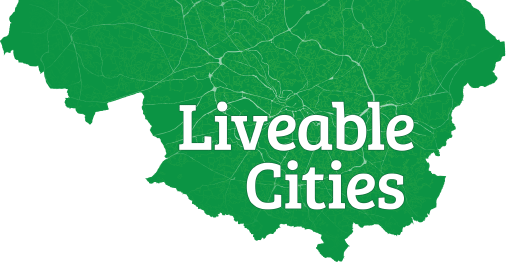Theme: ‘District Energy Supply within Cities’ Date: 22-29 March 2015 Venue: University of Southampton
Energy and Behaviour
Please follow the links below to complete your survey(s) by Monday the 17th of November if possible. Your ID number is on the e-mail and/or letter that was sent to you recently. Many thanks for your participation. If you have any questions, or if any of your contact details have changed or are incorrect, please […]
The Census2022 project recently gave a series of presentations of preliminary results at the following conferences and events: British Society for Population Studies Annual Conference: University of Winchester, 8-10 September 2014, (slides) Behave 2014 ‘Paradigm Shift: From Energy Efficiency to Energy Reduction through Social Change’, the third European conference on behaviour and energy efficiency, Saïd […]
This event aims to analyse the role that community initiatives can play in the reduction of personal energy demand. It will focus on the ways in which community initiatives decide which audiences to engage, how they communicate their aims and what this means for their effectiveness.
The following session has been accepted for the RGS Annual Conference 2014 Session Title: The role of commercial data in #Census2022 Organisers: Dr Ben Anderson and Dr Andy Newing, Sustainable Energy Research Group, University of Southampton Session Chair: Keith Dugmore, Demographic Decisions Ltd. and Demographics User Group Session Sponsor: ESRC #Census2022 Transformative Research Project Abstract: […]
The Exploring the value of transactional energy consumption data project is part of the wider ESRC funded Administrative Data Research Centre for England (ADRC). Investigator: Dr Ben Anderson Contact: b.anderson@southampton.ac.uk The Administrative Data Research Centre for England (ADRC), which is lead by Professor Peter Smith of the Southampton Statistical Sciences Research Institute, will enable information routinely […]
Using Energy Metering Data to Support Census 2021: A Feasibility Study is a project funded by the Office for National Statistics’ Beyond 2011 programme. Investigators: Dr Ben Anderson, Dr Patrick James & Prof. ‘Bakr Bahaj Contact: b.anderson@southampton.ac.uk The possible demise of the decennial UK Census presents social, policy and commercial researchers with both a challenge […]
The new ESRC funded Census 2022 project has attracted attention from the Market Research Society’s Census and Geodemographic Group (CGG). Andy Newing gave an overview of the project’s aims and objectives as well as some preliminary data analysis at a meeting hosted by GFK NOP, 19th November 2013 at Ludgate House, London. Several members of […]
Introduction Project updates Rezoning project Results & publications How do we address energy consumption to meet low carbon targets? How do we address infrastructure ‘lock in’ to improve the carbon performance of the urban environment? How do we engender and embed low carbon pathways and engineering solutions for demand reduction and power […]




